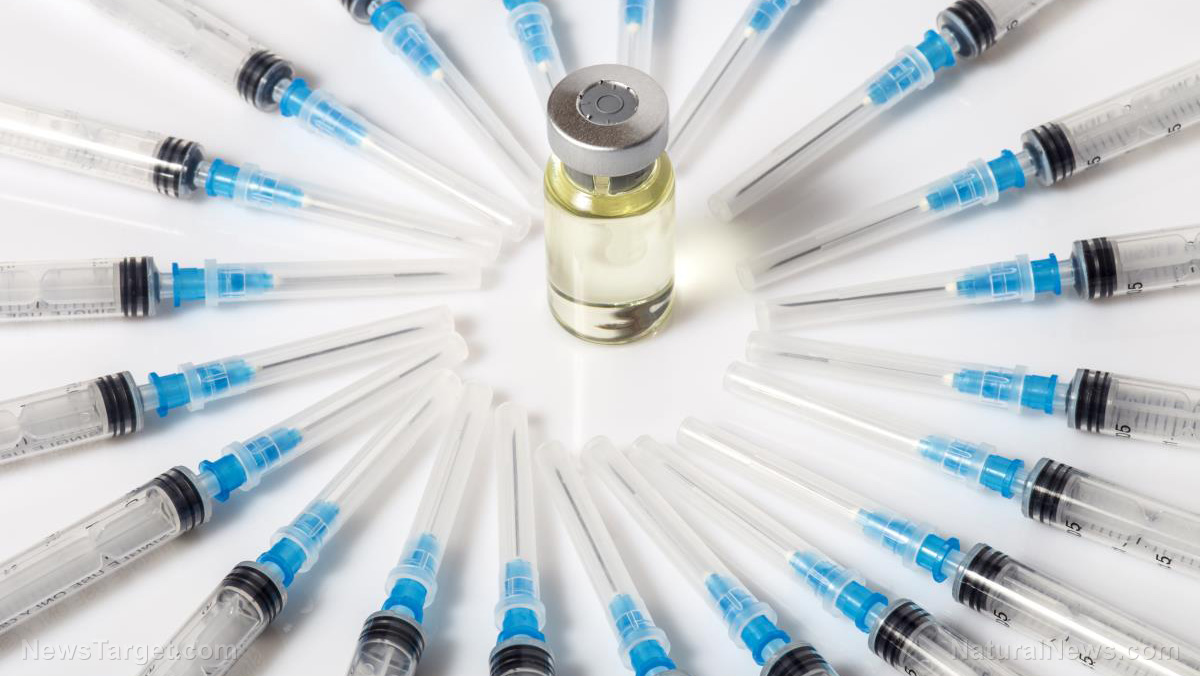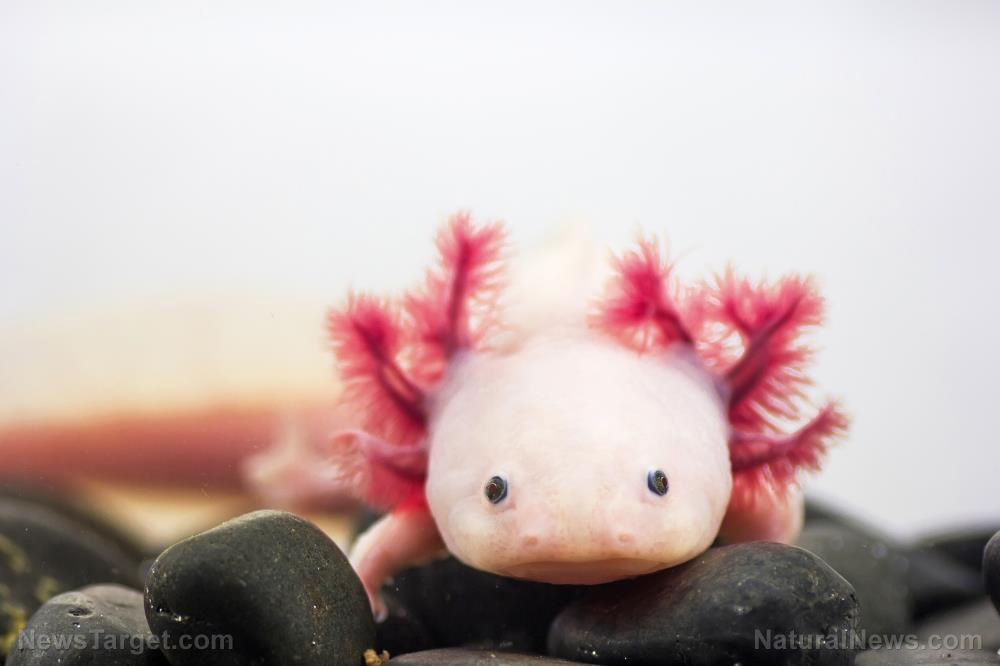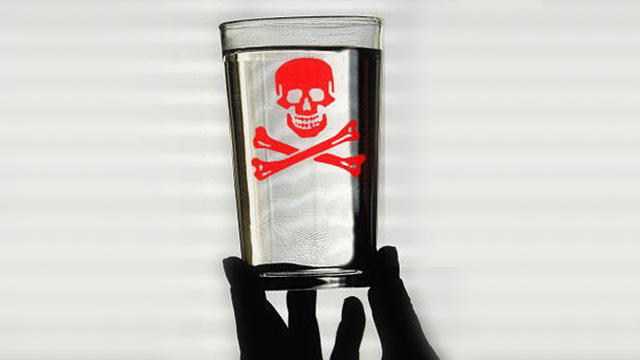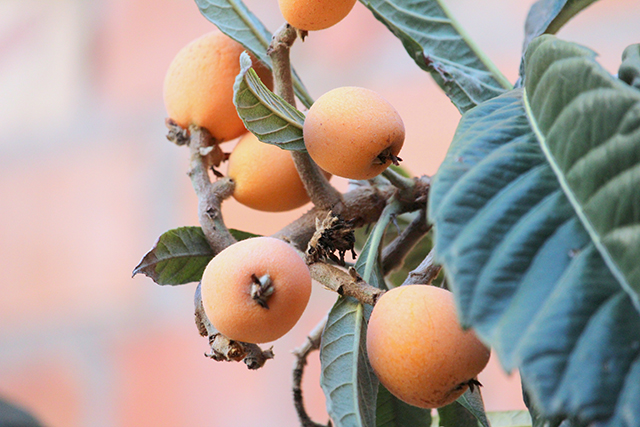Researchers find strong evidence linking artificial sweeteners to asthma
10/23/2020 / By Divina Ramirez
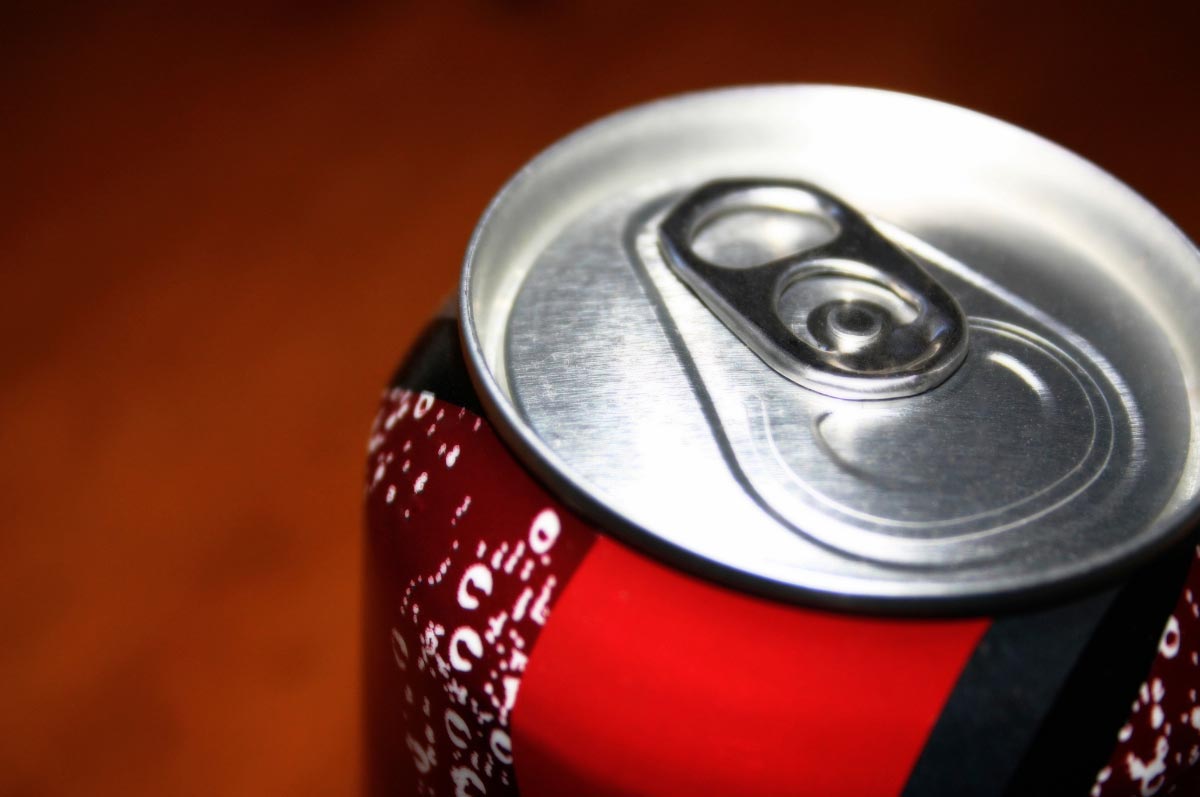
Even moderate consumption of fructose and high-fructose corn syrup (HFCS) from soda, fruit drinks and apple juice corresponds to a higher risk of asthma in adults.
This is the finding of a recent study by independent researcher Luanne DeChristopher and Katherine Tucker from the University of Massachusetts Lowell (UMass Lowell), published in the British Journal of Nutrition.
Their study found that those who consumed even moderate amounts of HFCS-sweetened fruit drinks had a 58 percent higher risk of asthma compared who seldom did so. Meanwhile, moderate consumers of apple juice, a high-fructose 100 percent juice, had a 61 percent higher risk of asthma.
Higher intake of HFCS linked to higher asthma risk
For their study, the duo analyzed longitudinal data from the Offspring Cohort of the Framingham Heart Study. In all, their study included some 2,600 adult participants with a mean age of 47.9 years.
They also used food frequency questionnaires to measure the participants’ intake of non-diet soda, fruit drinks, apple juice and any combination of these beverages that contained HFCS. In addition, they analyzed asthma incidence based on the participants’ self-reports as recorded in the Offspring Cohort.
Their analysis revealed that an increased intake of any combination of HFCS-sweetened drinks was associated with higher asthma risk. They speculated that the association between the two variables could be because of the high fructose to glucose ratios of the drinks, as well as fructose malabsorption in the participants.
In light of these findings, reducing the intake of HFCS-sweetened drinks appears to be an important first step to minimizing asthma risk. (Related: Medicinal mushroom found to be an effective natural treatment for bronchial asthma.)
However, the researchers noted that just reducing the consumption of these drinks might be inadequate since even those who consumed only moderate amounts of the HFCS-sweetened drinks also had a higher risk of asthma.
Other foods and drinks that can influence asthma
There are other foods besides added sugar and artificial sweeteners that can trigger inflammation in the lungs and raise the risk of respiratory conditions.
In fact, an emerging body of research suggests that certain foods can exacerbate the severity of asthma, said Meredith McCormack, an associate professor of medicine at Johns Hopkins Medicine in Baltimore.
These foods include:
- Processed foods – The many additives in processed foods can trigger or exacerbate preexisting lung inflammation. Common additives include parabens, preservatives used in both food and medicine, tartrazine, a dye used in sugary drinks, and nitrates, preservatives used in processed meats.
- Vegetable oil – Vegetable oil contains a preservative, called benzoate, that has been linked to increased inflammation. Earlier studies have also found that benzoate can exacerbate asthma. To avoid this outcome, opt for healthier oils like olive oil and coconut oil instead.
- Refined breakfast cereals – Refined breakfast cereals contain phenolic compounds called butylated hydroxytoluene (BHT) and butylated hydroxyanisole (BHA) to preserve their color and flavor before consumption. Both preservatives are said to cause inflammation and trigger allergies and asthma.
- Fatty foods – Fats from unhealthy foods like red meat can trigger inflammation and exacerbate asthma symptoms. For healthier fats, choose plant-based foods like avocados, olive oil, nuts, seeds and beans. Oily fishes like salmon, tuna and mackerel are also rich in beneficial fats.
- Alcohol – Even if consumed in moderation, alcohol may trigger asthma attacks. It’s best to avoid them altogether if you have asthma.
- Milk – Dairy products like milk increase the production of mucus in the lungs. This can trigger asthma symptoms in some individuals. To avoid adverse health outcomes, cut back on milk consumption or avoid milk altogether if possible.
Learn more about reducing the risk of asthma and similar respiratory diseases at Prevention.news.
Sources include:
Tagged Under: artificial sweeteners, asthma, HFCS, high-fructose corn syrup


